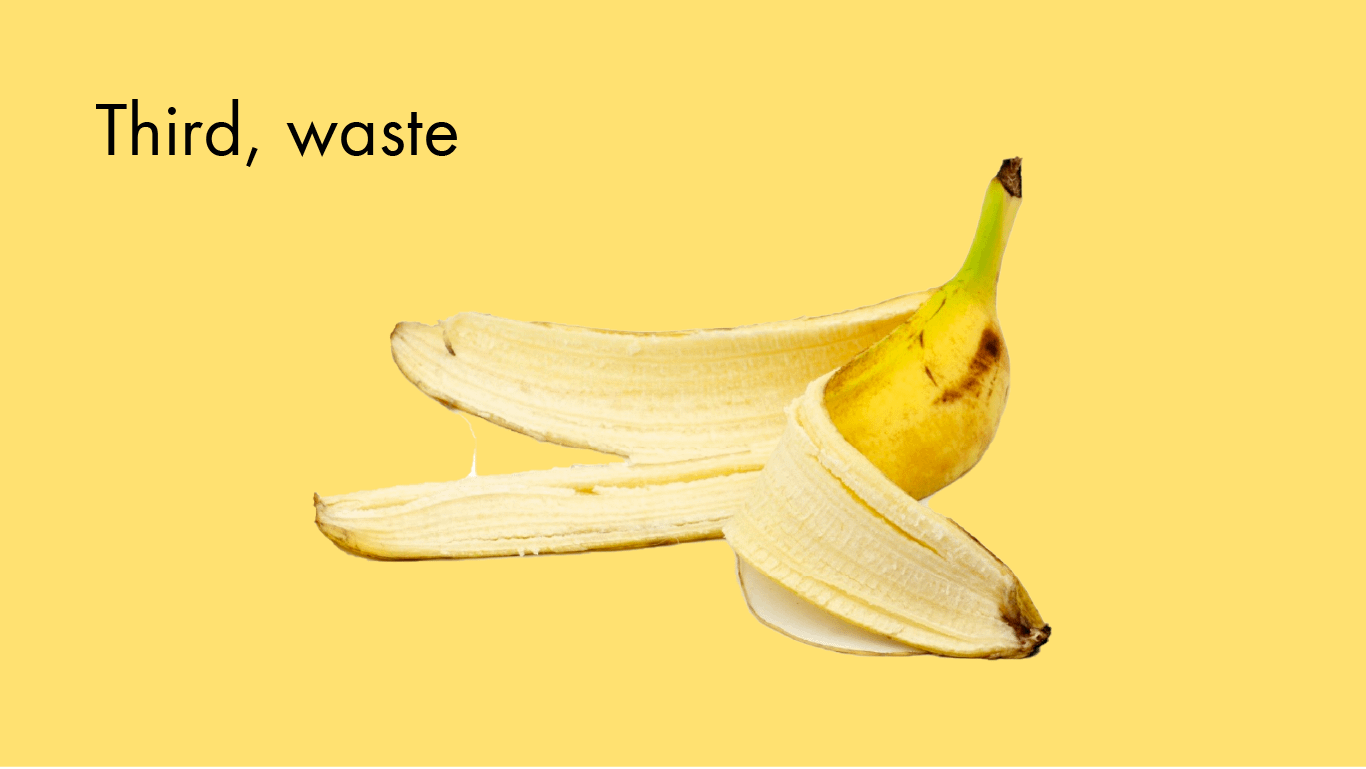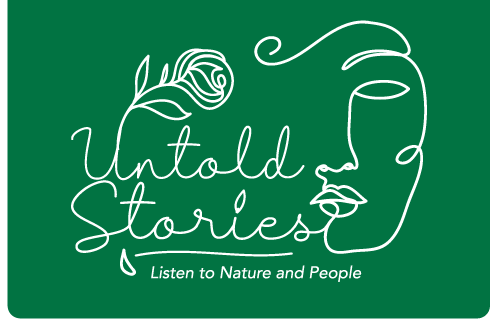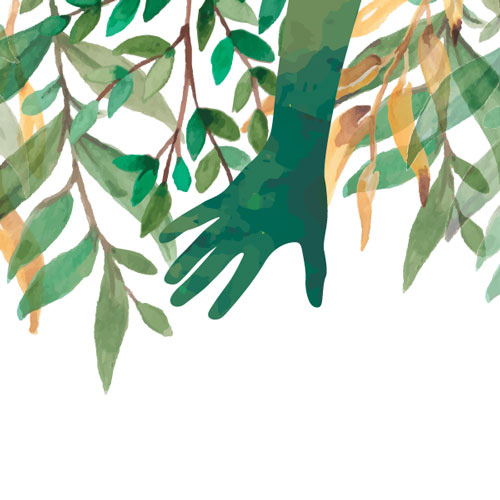

The banana is the most popular fruit, even more so than oranges and apples.

Source: Banana Export

Part 1: Production


Already in the production fase, banana farming leaves 3 kinds of waste behind.

The massive quantities of waste decompose and generate massive quantities of greenhouse gas emmisions. Furthermore, banana agriculture is closely related with deforestation, which also furthers this emmissions.


One contemporary example of deforastation happened in Costa Rica, in the 1980, where in a short period of time, banana plantation hectars went from 20 000 hectars to 50 000 hectars. For this to be possible, forests where destroyed, species removed from their habitats, and the environmental balance was forever changed.

Saldy, nature is not the only victim of bad practices in banana plantatioons. Often, banana farmers are subject to various forms of abuse.

All of this, from the destruction of habitats to the blatant abuse of banana farmers and the contamination via GHG of the planet leave victims all over, as we’ll see in the next chapters. This is known as slow violence, where, instead of things like gunshots or screams, violence makes itself apparent over long periods of time. It slowly becomes visible in the climate, in the declining quality of life of the present and future generations, and in the destruction of nature.
Part 2: Transport

Banana transport happens both on land and via maritime transportation.

This is because of the banana containers. The temperature inside this containers is controlled so that bananas stay fresh during maritime transportation.

This is where the banana industry generates the biggest percentage of it’s carbon footprint. Further increasing global temperatures.

Source: Newscientist

Source: Vox

There is another problem deeply linked with banana transportation. Meet the Cavendish Banana, although I am almost certain you’ve met before.

This is because of a plant disease known as Tropical Race 4.




For now the only cure available is for the crops to be quaratined away from the system. However, it is very unlikely that producers quarantine their soil as demand is always present.


The Cavendish Banana TR4 situation shows us that humans and nature are still deeply connected. We have caused bananas to thrive all over the world, and is our activities that will cause them to extinguish. Humans are not a separate force from nature , very much on the contrary, we still depend on it and it now also depends on us.
Part 3: Waste



Source: EMGRIS-Quito

Source: Iberdrolas, Istas

This are just some of the major problems of the banana industry. After learning about them, it’s hard not to ask oneself what to do to solve this.

Here we will present our speculative idea of how the system can change in a way that this problems are soved in at least some respects.

Banana sellers in the global north have a big say in how bananas are priced. If governments add taxes based on how environmentally responsible are the plantations bananas come from, exporters may find that its more economic to let go of the land, as it has been the trend lately, and give them back to the farmers.

Furthermore, to keep exporting, it would be necesary to teach farmers how to be resposible with the environment and creating a better product. This new, more responsible bananas would have to be selled at a higher price, increasing the life quality of the people on these plantations all the while protecting the environment.

As prices increase in some parts of the world, people, will start looking into cheaper, local alternatives. The popularization of local farming will increase local bussiness, decreasing banana exports and decreasing the envriommental cost asociated with maritime transport.

With advancing technologies and concerns over food security, which is the assurance of food sources, there will be a need for people to produce their own food. This would be made possible through urban agriculture practices and would further decrease the costs of transportation by land.

With the now popular urban agriculture, biological waste would find a new use as fertilizer and compost mixture. This would greatly reduce the quantities of organic waste in landfills.

Bananas are deeply connected to humans, our industry meanss its success and our transport means its extinction. Entire economies rely on them for subsistance and they are set to take places that originally beonged to endemic species. Bananas, as the most popular fruit on the planet, are given the most space and their side effects, their complex connections with the world that surrounds them are felt the heaviest.




